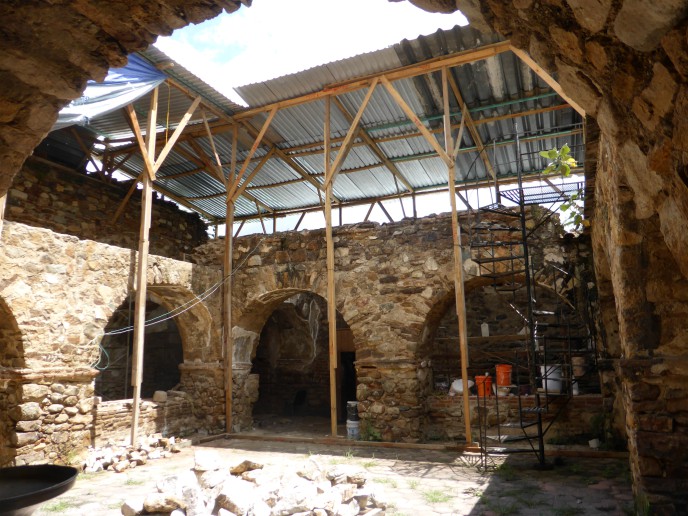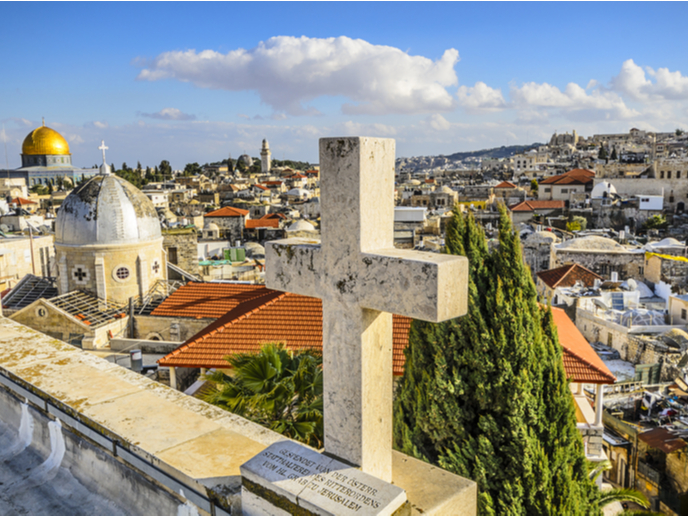Implications of Jewish secularism
There has been a growing interest in Jewish secularism and how it is uniquely distinguished from other forms of secularism. Various types of historical and intellectual environments exist within Jewish culture itself, which have contributed to making secularism diverse and widespread. Bringing together the diverse legacy of Jewish secularism, the EU-funded project JST (Basic models of Jewish secular thought) examined worldviews and lifestyles that have constituted modern Jewish existence. These varied world views are a result of different historical and intellectual settings. Philosophical groundwork included the fields of education, law, history and politics. Three different models were used in the study: the radical model, the pluralistic model and the semi-religious model. The analysis supports the diversity of contradictions found in modernity as is the case with Baruch Spinoza. Spinoza’s philosophical thinking intentionally combines religious tradition with secularism. This is evident in the book The Role of Contradictions in Spinoza's Philosophy: The God-Intoxicated Heretic (Routledge, 2016). The work serves to strengthen the analysis of JST. Tensions brought on by the combination of orthodox forms of Judaism and modern secular, feminist ideals were explored with a second book: Women of the Wall: Navigating Religion in Sacred Sites. The work encapsulates the struggle that the Women of the Wall (WoW) have been facing by trying to obtain the permission to pray at the Western Wall. This is considered to be the holiest prayer site of Judaism. The book comprises the first complete study of the various dimensions that WoW faces. In addition to the books, several articles have been published. They focus on legal, educational, philosophical and literary aspects of Jewish secularism and explore the work of several important secular Jewish thinkers. As a result of the analysis and publications, numerous broader problems regarding religion-state relations are able to be addressed in the future. These pertain to religious plurality, minority requests, and disputed sacred spaces. The work will help to advance the study of Jewish secularism as well as foster collaboration with leading researchers and institutions in Europe and the United States.






